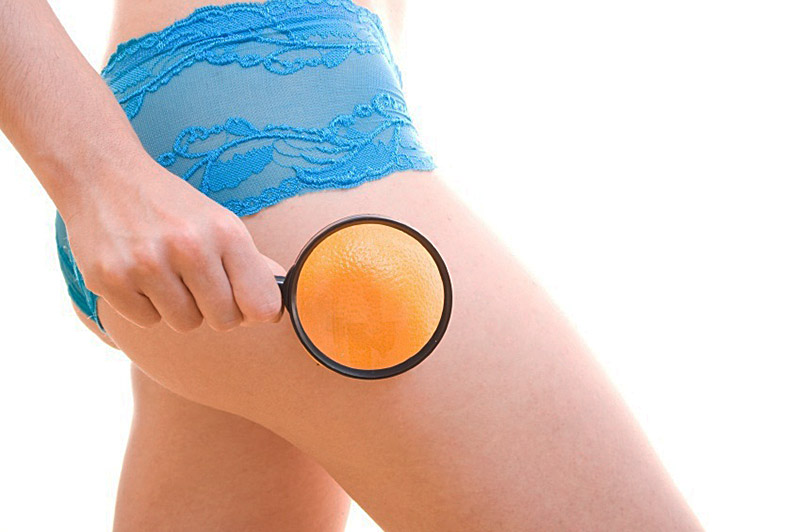
Cellulite affects 90 percent of women
Some say cellulite looks like cottage cheese. Others liken it to an orange peel. But regardless of what you call it, chances are, you have some on your body. But what’s actually going on beneath the skin to give it that dimply, puckered appearance?
Basically, cellulite is fat found just beneath the surface of the skin that’s bulging out through a web of connective tissue, said Dr. Michele Green, a dermatologist at Lenox Hill Hospital in New York City.
When you’re young, that connective tissue, made up largely of a protein called collagen, holds the fat in, but as you age, the fat begins to stick out through the tissue. That causes a dimpled, lumpy appearance on the skin.
One way to picture what’s going on is to think of a net that’s holding your fat. If the fibers of the net are too loose or too tight, the fat can poke out through the holes.
But what ultimately causes it to appear as people age isn’t really known, Green said.

Exactly when it shows up, and how visible it is, are thought to be influenced by hormones and genetics, Green said. Perhaps because of hormonal factors, men don’t get as much cellulite as women do (though some men do get it), she said. And yes, although cellulite is fat, its appearance actually has nothing to do with weight.
Age is another factor. Cellulite starts to appear after puberty, and generally gets worse after that. Unfortunately, there’s nothing a person can do to avoid it, she said.
And despite a massive industry dedicated to banishing it, or at least reducing its appearance, your cellulite is here to stay. “Once it’s there, it’s there,” Green said.
Even procedures such as liposuction, which literally removes fat from the body, can’t get rid of cellulite, Green said. (According to the National Library of Medicine, liposuction may actually make it look worse.)
Certain procedures may be able to reduce the appearance of cellulite, but only temporarily, Green said. It’s similar to how someone might deal with a wrinkle, she said. For example, getting a filler injected into a wrinkle will puff up the area, making the wrinkle less visible, but it’s not permanent, she said.




Leave a Reply